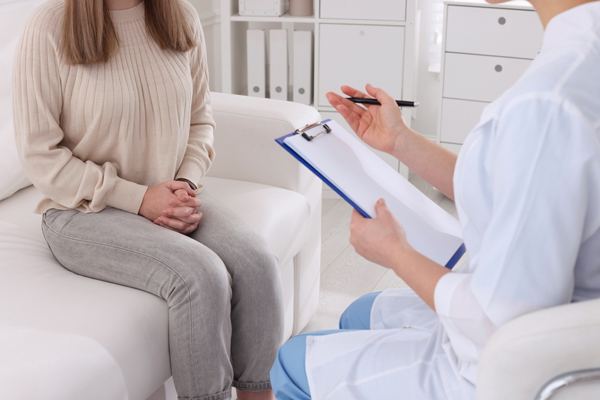STI / STD TESTING
-
Strictly Confidential
-
Results shared only with Patient
-
No doctor requisition required
- Results in 48 hours
- May include medication option if positive (in some cases)
Level 1: HIV screening $100 (blood)
Level 2: CHLAMYDIA & GONORRHEA $150 (urine)
Complete: HIV, CHLAMYDIA, GONORRHEA & SYPHILIS $250
More Info on STI Testing
What is an ITS/ITSS (MTS) ?
Sexually-transmitted infections (STIs) and blood-borne infections (BBIs), previously referred to as sexually-transmitted diseases (STDs), encompass a range of infections spread through sexual contact or blood. These infections, which can be caused by viruses, bacteria, or parasites, can impact both men and women. Regular screening is crucial, particularly for those who are sexually active, since many STIs/BBIs can be asymptomatic or show no obvious symptoms.
Why take an ITS/ITSS test?
Testing for sexually transmitted and blood-borne infections (STI/STBBI) is crucial for accurate diagnosis. These tests can be part of routine screening or conducted when an individual exhibits symptoms of an STI/STBBI.
Who should be tested?
Many individuals with an STI/STBBI may have no symptoms or only mild signs of infection. Without screening, they may unknowingly transmit the infection to others. Given that STIs/STBBIs can result in serious health complications, proper screening and diagnosis are vital, as these infections pose a significant public health issue.
The main goal of STI/STBBI screening is to detect and treat infections in individuals before complications occur and to prevent the spread of the disease. Additionally, screening aims to identify, test, and treat the sexual partners of those diagnosed with an STI/STBBI to effectively halt the transmission of the infection.
Recommendations prior to STI testing
An STI or STBBI test does not require any special preparation or fasting.
Before a test is prescribed, a brief questionnaire will assess your risk factors and any symptoms of STI/STBBI to determine eligibility for screening. If you have symptoms, are pregnant, or breastfeeding, you will need to see your own doctor for the test, as we cannot prescribe it in these situations.
When interpreting STI or STBBI test results, it is important to consider that these infections have latency periods—the time between infection and when it can be detected by the test. This
latency period is typically around four weeks. If the test is done too soon after infection, the results may not be accurate, and the test will need to be repeated after the latency period.
What happens if my test is positive?
One of our doctors or nurses will reach out to you for a follow-up assessment after a positive test result. Usually, this can be done over the phone. During the follow-up, you will receive instructions and a prescription to treat the infection if needed. Unlike other private laboratories and clinics, there is no extra charge for this follow-up.

